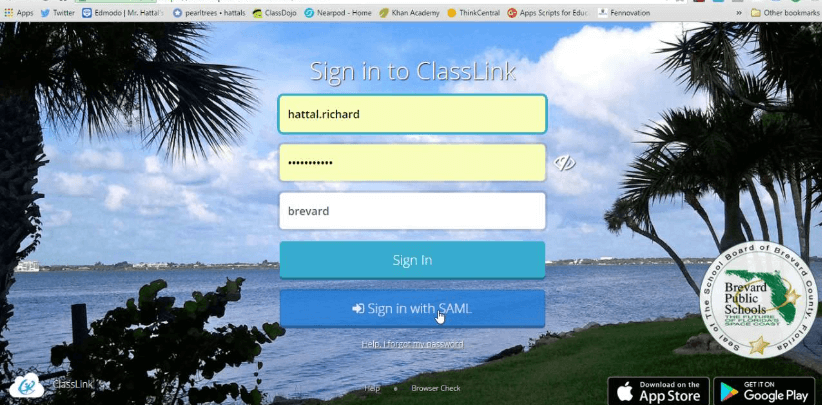Table of Contents
You’ve reached a point where it’s time to get help for your addiction. Whether or not you’ve made attempts at quitting in the past, this is the time that’s going to work, since you’re ready to look into treatment options and get the help you need to be successful. Before you start, it’s important to know what to expect and what is needed for an effective treatment option. Use the following information as you start the journey to recovery.
Medical Detox May be Needed
Depending on the substances used, the amount you typically take, how long you’ve been abusing substances, and other factors, you may need to go through a medical detox. This is often the first step in treatment for addictions because it gets the substance out of your system and lets you get a fresh start as you work through recovery. Detox is necessary for treatment to begin, but if there is a chance of severe symptoms or you’d like help managing the symptoms to prevent them from getting worse, a professionally assisted medical detox is best.
Choosing the Type of Treatment

There are various treatment options that can be beneficial. Consider whether you might prefer an inpatient or outpatient program. This may be based on the depth of your substance abuse and difficulty quitting, whether you can take the time to stay at a rehab center, or whether you need to work and can attend meetings through an outpatient setting without missing them or struggling to put in the work for your sobriety.
Individual or Group Therapy
Most treatment programs will include therapy. Individual therapy helps you to get to the root of why you turned to substances, what you need to change to be able to quit, and what might help you avoid triggers in the future. Group therapy allows you to share your story with others who understand what you’re going through, listen to the experiences of others in your situation, and learn what has worked or not worked for them. Both types of therapy can help you as you learn to live without turning to substances.
Assistance and Education
As you progress through the treatment program, you will receive assistance and education designed to help you learn to live without substances. This can include relapse prevention techniques, which can be used to help you successfully manage triggers in the future and learn to avoid them as you avoid returning to substances. All of the information you receive during treatment is designed to help you both now and in the future to see long-term success.
Learning to Live a New Life
Your life without substances may be very different from when you were using them. It can be a shock and hard to jump from the way you were to the new you, but help is available during this transition, too. You’ll receive help learning to live your new life, which can include vocational assistance to get a job, learning how to handle your finances, figuring out what to do with your spare time, and more.
If you’re ready to take the step toward a sober future, it starts with seeking treatment for your addiction. There are many different ways treatment can help, but it starts with the first step. Look into treatment options today to learn more about how they can help.
Also Read About: Recreational Drug Use at Work is Increasing















